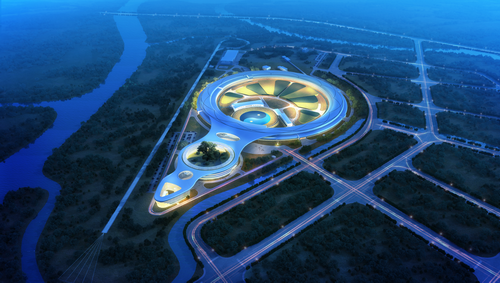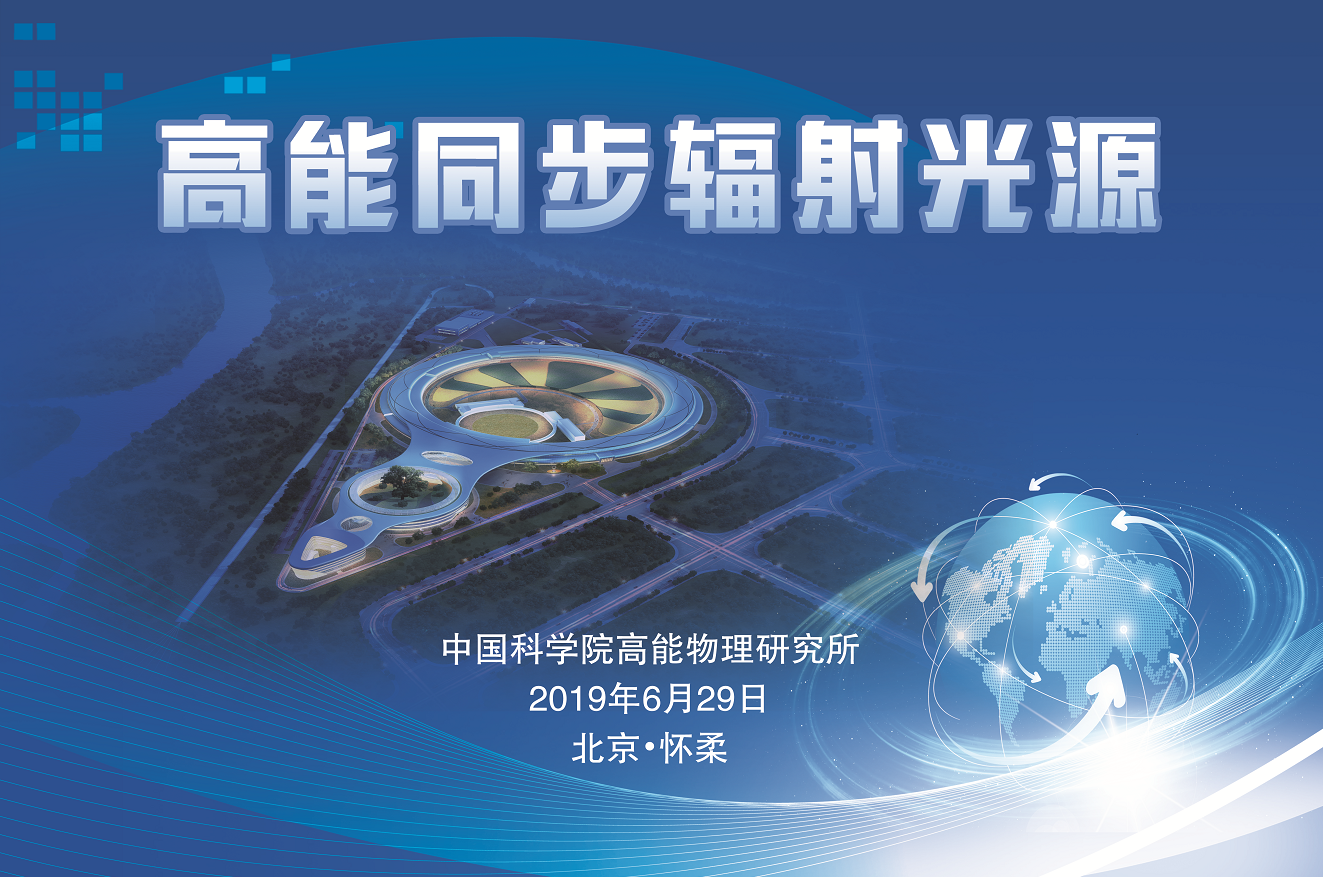Scientists will explore dark energy in Antarctica
The Institute of High Energy Physics (IHEP) hosted the International Workshop on Progress in Theoretical and Observational Cosmology from November 7 to 9 in Beijing, whose main topics were dark matter, dark energy, modified gravity and non-Gaussinities. More than 50 domestic and foreign scientists attended the workshop.
Prof. Chen Hesheng opened the workshop. Prof. ZHANG Xinmin, Chair of the workshop introduced the work done by a trio of US-born supernova hunters who won the 2011 Nobel Prize in physics. According to their discovery, distant supernovae are not as bright as previously expected; the universe is expanding at an ever faster pace. This extraordinary finding has been named the "Breakthrough of the Year for 1998" by Science, the world famous magazine. However, until now, the big question that remains unanswered is what exactly is driving that expansion – which makes dark matter and dark energy studies one of the most important research directions in particle physics and cosmology in the 21st century.
At the workshop, scientists discussed the science of KDUST (Kunlun Dark UniverSe Telescope), the planned large-scale structure survey located at Dome A, Antarctica and the possible international collaboration on the project using the IR detector and DES (Dark Energy Survey).

